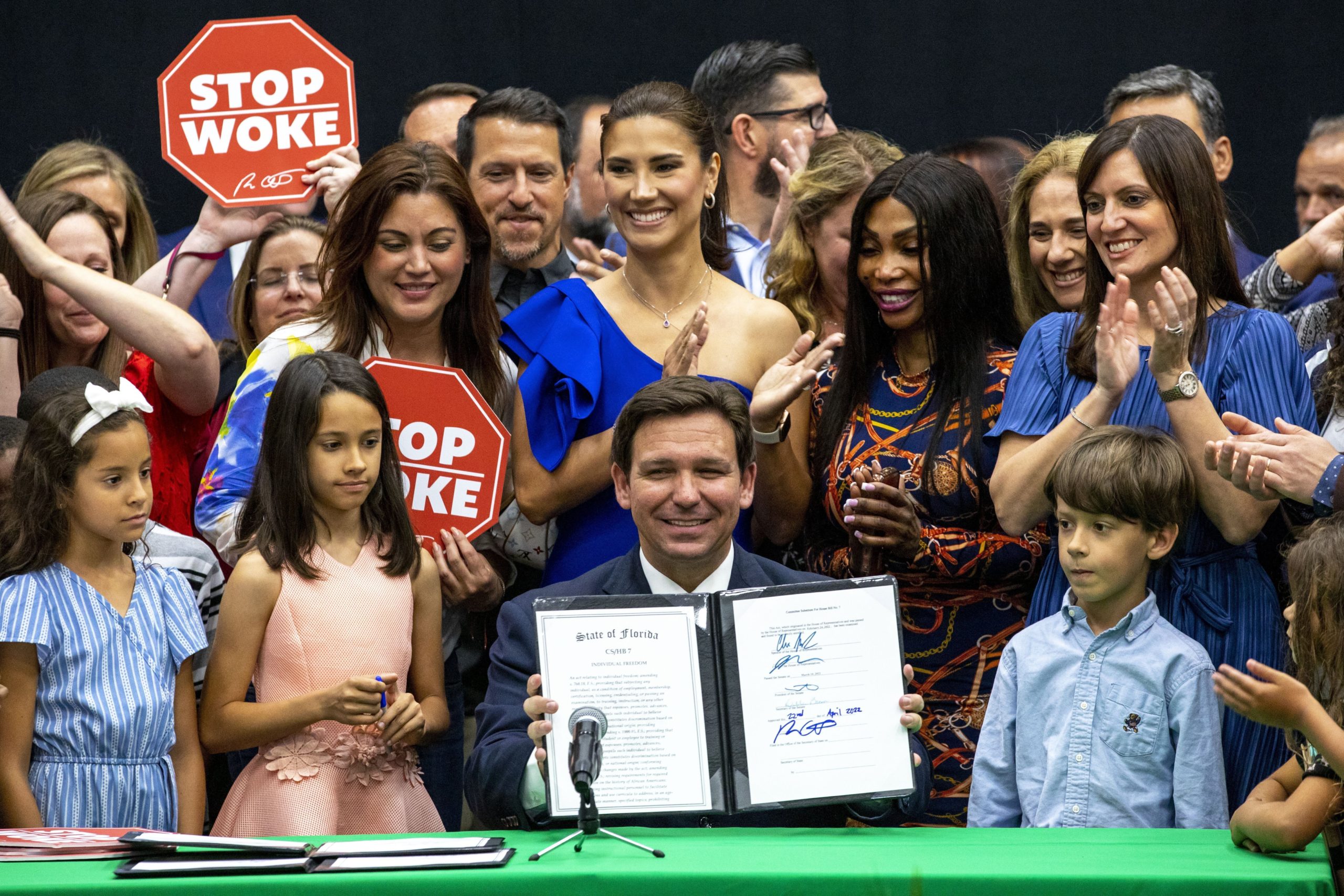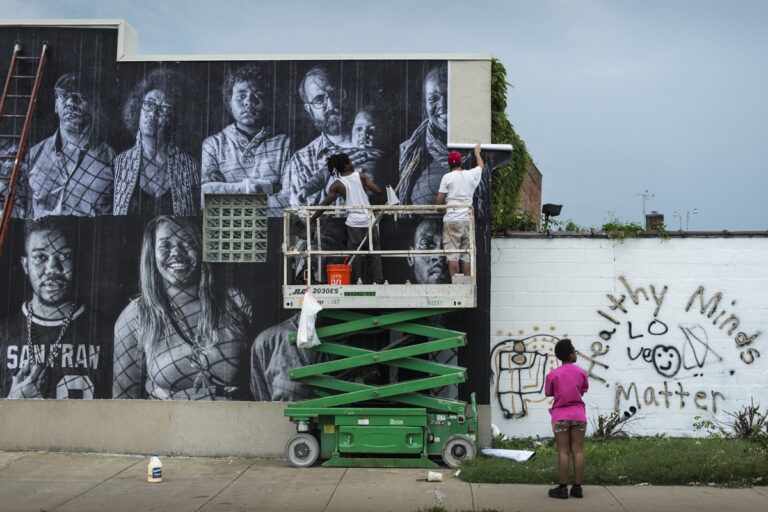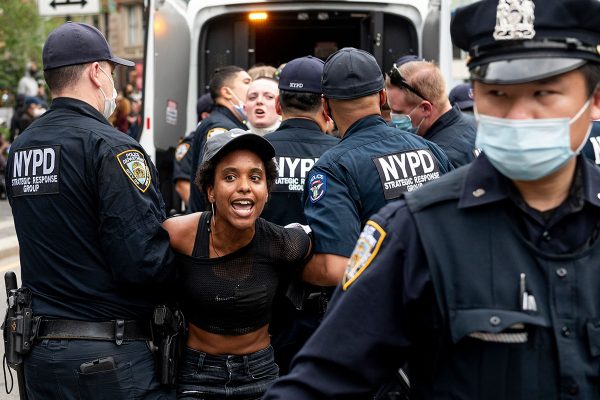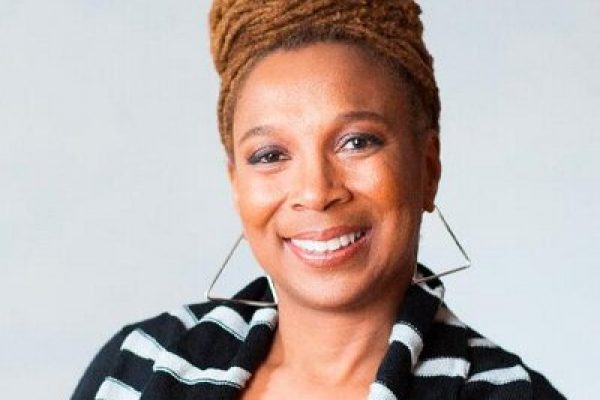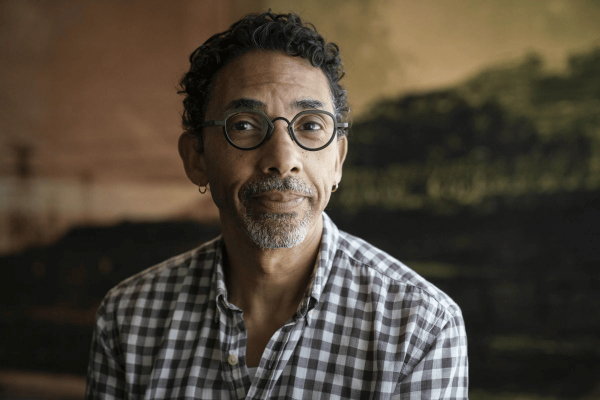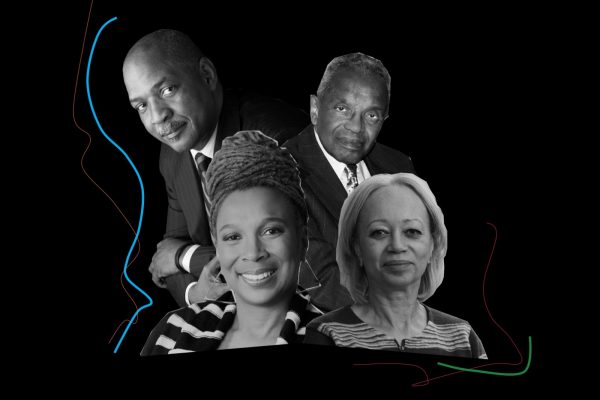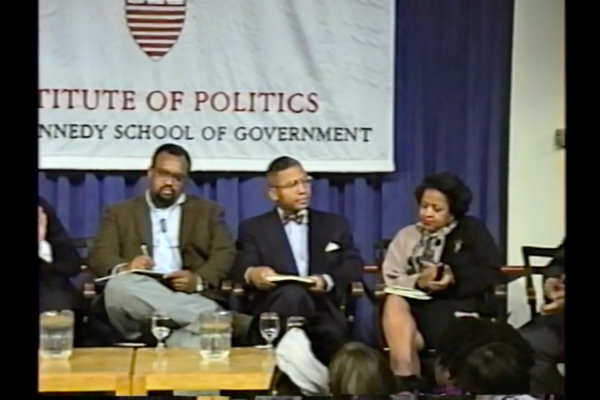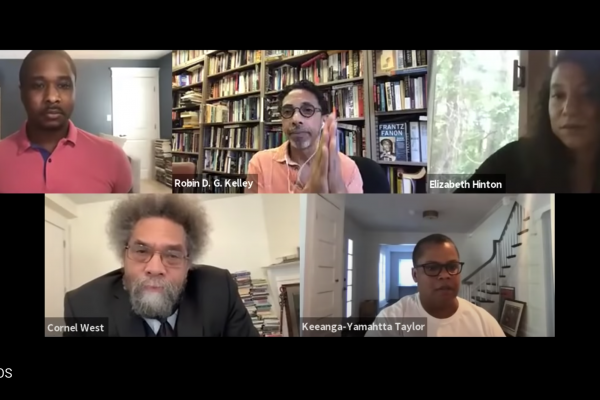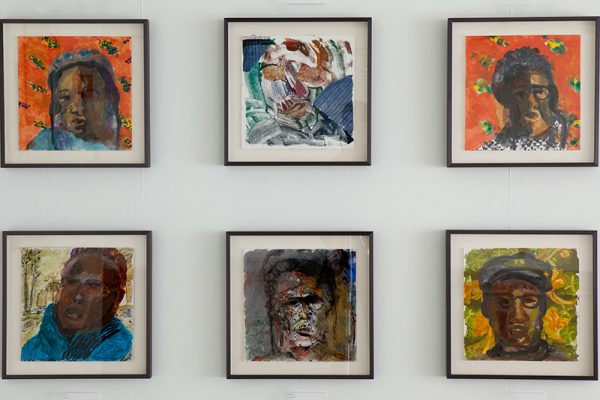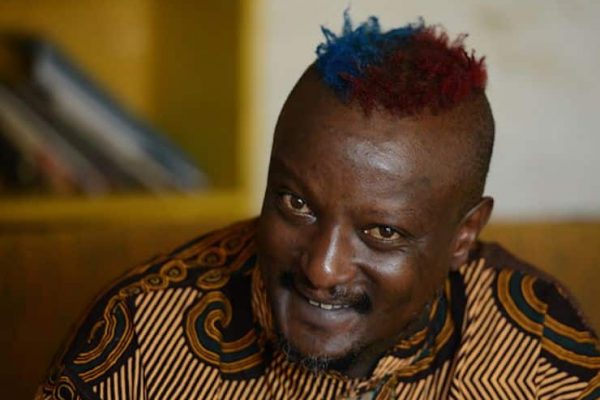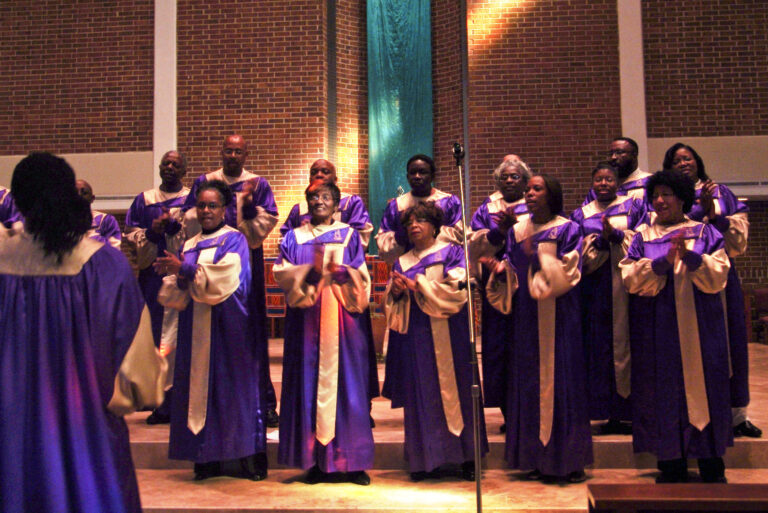Last week the state of Florida made national headlines for rejecting a pilot Advanced Placement African American Studies high school course. Governor Ron DeSantis has since doubled down on the ban, calling the course a form of “indoctrination” and insisting that the College Board’s proposed curriculum violates the “Stop WOKE Act”—a bill DeSantis signed into law last year that restricts teaching about race in the classroom.
Explaining its decision, the state’s Department of Education cited numerous authors on the proposed course syllabus. Among them is UCLA Distinguished Professor of U.S. History and Boston Review contributing editor Robin D. G. Kelley, whose Boston Review forum essay “Black Study, Black Struggle” was singled out in a graphic released on Twitter by the state’s education commissioner. (In a clear instance of red baiting, one of the state’s “concerns” is simply the fact that “Kelley’s first book was a study of Black communists in Alabama.”)
Whether any of the Florida officials involved in the decision have read Kelley’s work is doubtful. As Kelley pointed out to the Los Angeles Times last week, one of the central arguments of his BR essay is that “reading Black experience through trauma can easily slip into thinking of ourselves as victims and objects rather than agents,” a point that politicians who frequently rail against the “culture of victimhood” ought to find congenial. Rather than victimization, Kelley emphasizes “how we have fought for justice not just for Black people but for the whole nation (yes, including struggling white people), despite the violence and oppression we have experienced.”
To kick off Black History Month, we compiled Boston Review essays by the pioneering Black scholars Florida officials don’t want students to read. In addition to work by other authors the state cited in its decision—including legal scholar Kimberlé Crenshaw, philosopher-activist Angela Davis, and the late feminist writer bell hooks—the list features several others on the proposed course syllabus: Kenyan writer Binyavanga Wainaina, social movement scholar and New Yorker contributor Keeanga-Yamahtta Taylor, historian Nell Irvin Painter, Pulitzer Prize–winning Malcolm X biographer Manning Marable, political scientist Cathy Cohen, and scholar-filmmaker Henry Louis Gates, Jr. We also include David Theo Goldberg’s recent analysis of the right’s attack on critical race theory.
Update: The College Board has now released an updated curriculum, stripped of any reference to Crenshaw, Davis, hooks, and Kelley.
Forum
The university is not an engine of social transformation. Activism is.
The authors of Abolition. Feminism. Now. discuss why racialized state violence and gender-based violence have to be fought together.
Robin D. G. Kelley published his pathbreaking history of the Black radical imagination in 2002. Where are we two decades later?
The highly orchestrated right-wing attacks cast a body of scholarship about race in the law as a great threat to American society.
A roundtable with bell hooks, Cornel West, and more.
Michelle Obama’s memoir, Becoming, reduces racial inequality to a matter of psychological impairment that can be overcome through grit and grin.
A transcript of our panel discussion on the Black Lives Matter movement.
An interview with historian Nell Irvin Painter.
